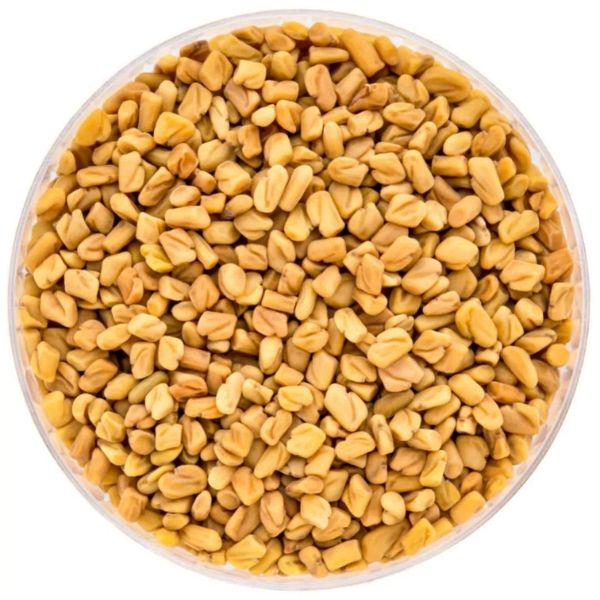Fenugreek, scientifically known as Trigonella foenum-graecum, is a plant that is cultivated for its seeds, which are used both as a culinary spice and a herbal remedy. Fenugreek is native to the Mediterranean region and is widely used in Indian, Middle Eastern, and African cuisines.
Fenugreek seeds have a distinct flavor, described as slightly bitter and nutty, with a hint of maple. They are often used as a spice in curries, stews, and spice blends, particularly in Indian cuisine. Fenugreek seeds can be used whole, crushed, or ground into a powder to add flavor and aroma to various dishes.
Fenugreek seeds are known for their potential benefits on digestive health. They contain dietary fiber, which can help promote regular bowel movements and alleviate constipation. Fenugreek seeds are also believed to have carminative properties that may aid in digestion and help reduce flatulence and indigestion.
Fenugreek seeds have been studied for their potential effects on blood sugar levels. They contain compounds that may help improve insulin sensitivity and regulate blood sugar levels. Some research suggests that fenugreek supplementation may be beneficial for individuals with diabetes or those at risk of developing diabetes
Fenugreek seeds are often used to support lactation in breastfeeding women. They are believed to help stimulate milk production and increase breast milk supply. Fenugreek supplements or tea are commonly used for this purpose. If you're considering using fenugreek for lactation support, it's recommended to consult with a lactation consultant or healthcare professional for guidance.
In traditional medicine systems, fenugreek seeds have been used for various purposes. They have been used to soothe sore throats, support respiratory health, promote healthy skin, and as a general tonic for overall wellness.
